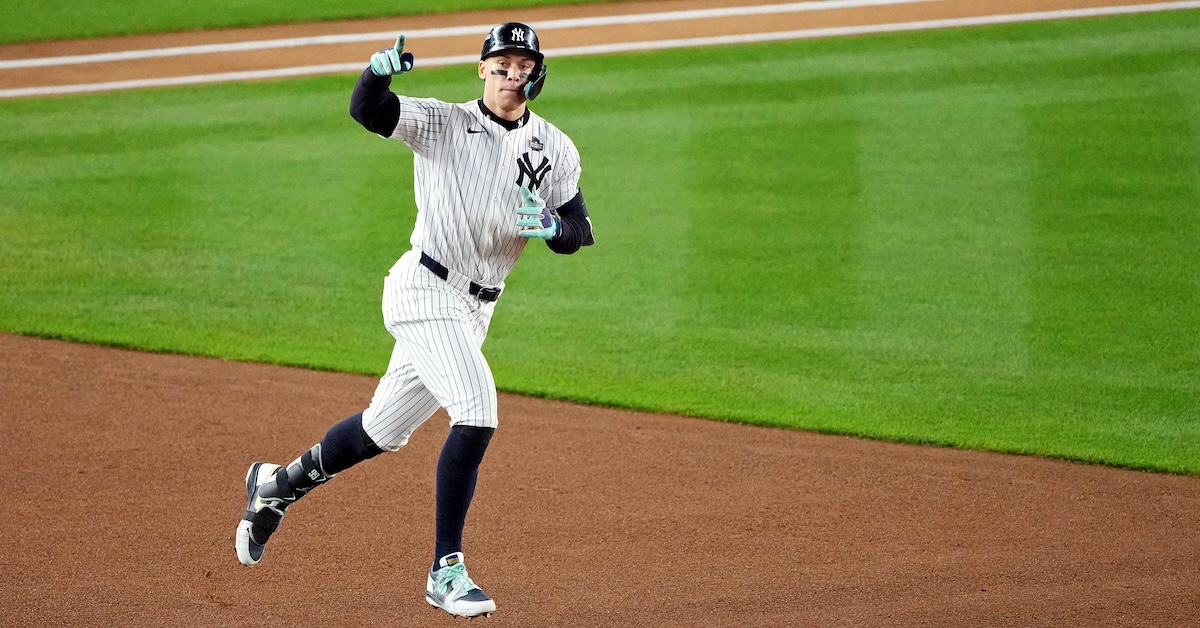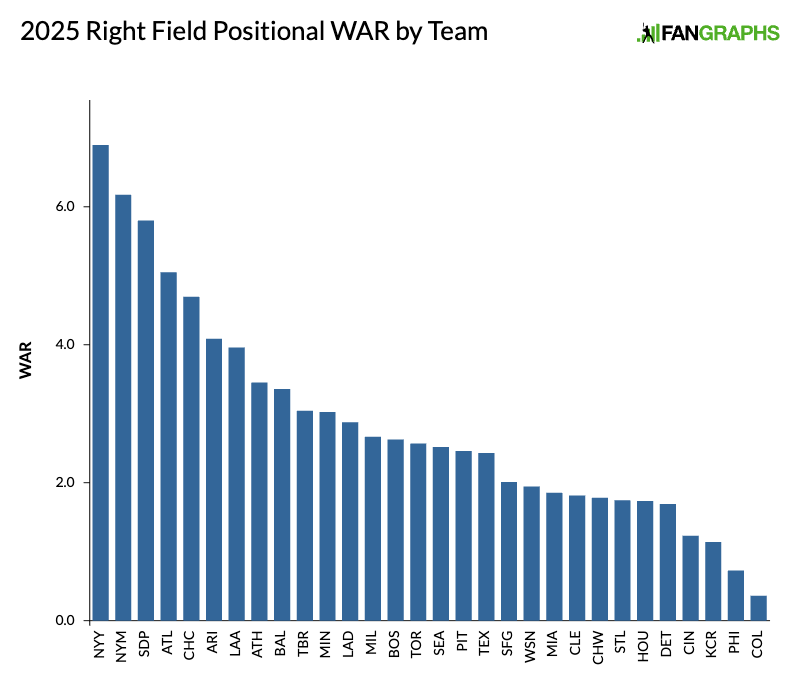The Rangers and Braves Apply Some Late Patches to Their Rosters

As spring training nears its conclusion, a few unsigned free agents have finally found homes. At best only one of these players will be ready for the majors in time to make the Opening Day roster, and all of them struggled to at least some extent last year, but at the very least, they’ll get another chance to extend their careers by providing depth to organizations hit by injuries. A double whammy of bad luck within their rotation has led the Rangers to sign lefty Patrick Corbin, while the Braves have triple dipped into the pool to sign catcher James McCann, outfielder Alex Verdugo, and reliever Craig Kimbrel.
On Tuesday, March 11 — the day I checked in on the Rangers in the wake of Jacob deGrom’s Cactus League debut — righty Tyler Mahle was scratched from his scheduled start due to forearm soreness, though he was able to take a start against minor leaguers on March 13 and returned to big league action on March 19. Texas wasn’t so lucky when it came to lefty Cody Bradford, who was scratched from his scheduled March 12 start due to left elbow soreness. He’s been shut down from throwing for four weeks and ticketed for the 15-day injured list to start the season; barring any further setbacks, a full buildup would bring him back in mid-May. Then on March 15, righty Jon Gray was hit by a line drive and suffered a fractured right wrist that knocked him onto the 60-day injured list. The break is clean enough that he won’t need surgery, but he’ll be out until at least June.
Given those injuries — and assuming no other ones occur — the Rangers are on track to start the season with an all-righty rotation consisting of Nathan Eovaldi, deGrom (who threw a mere 10 2/3 innings for the Rangers last September after returning from his second Tommy John surgery), Mahle (who threw just 12 2/3 innings between his return from Tommy John surgery and a season-ending bout of shoulder tightness), and former first-round picks Kumar Rocker and Jack Leiter, who each made their debuts last year. Rocker made three starts totaling 11 2/3 innings while pitching reasonably well, but Leiter was lit for an 8.83 ERA in six starts and three relief appearances totaling 35 2/3 innings. Read the rest of this entry »










